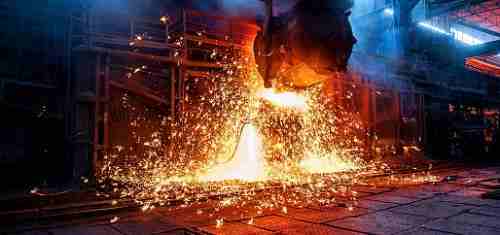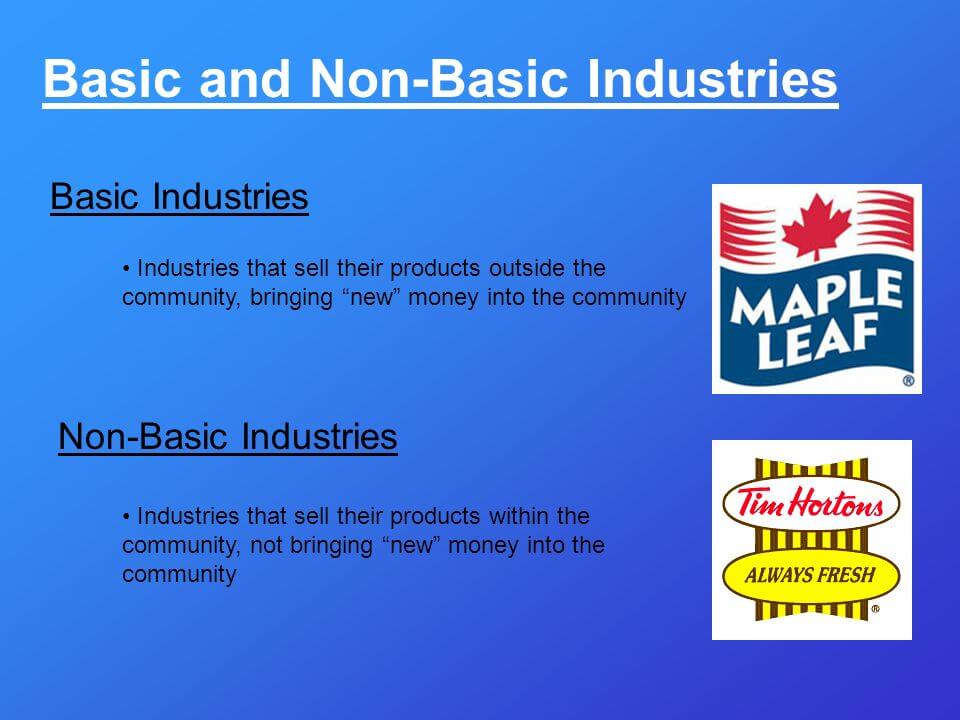Are you unsure if working in the primary industries is a great career option? That’s precisely what I’ll talk about within this piece. Many people are interested in entire industries but aren’t sure if it’s the best career choice or not. When you decide to pursue the path you want to take, you must be aware of the needed skills and knowledge and the compensation and benefits. Primary industries are the best career options based on the skills required and education, pay, etc. There are many career options and opportunities for those who consider primary industries as a path to a career.
What are the fundamental industries?
The primary industries provide the raw materials needed by other industries to make the products. They are also known as the major industries. The iron and steel industries are examples of whole industries. They provide steel to the automobile industry as raw materials.

The primary industries convert raw materials and essential components into products for various industries.
Petroleum is an excellent illustration of an ingredient that is essential in various products, including plastics detergents, fertilizers, and pharmaceuticals.
It is the central commonly used metal used in the various items we use every day. This includes appliances and cars and transmission towers, and beams used for construction. Coal is crucial to heating homes and industrial power plant operations.
What Are The Types Of Basic Industries?
Types of Basic Industries.
The first step to answer the question: Are the essential industry a viable career option is to consider the many options in the industry. Let’s explore a few areas of the primary industries:
Utility Providers
Utility services like water, electricity, or heat are essential industries. They are essential for other businesses to function and the safety, health, and wellbeing of consumers. There will always be a demand for people to staff the power plant, sewer, water service, and gas companies. There are also opportunities for companies that deal in green energy, for example, wind or solar power and geothermal heating. Options for careers with utility companies include:
Metal Production

The metal components are used to create and maintain a variety of industrial and household products. For instance, items like commercial and bridges are not possible without steel or iron beams. All vehicles (cars, motorbikes and trucks, tractors, and many more) are built mainly from metal. The production of jewelry also requires metal. There are many kinds of jobs in the metalworking industry that are basic.
Mining Industry
Minerals form an integral component of many industries; consequently, mining is an important job that is performed all over the globe.
There are two critical stages of the mining industry. The one is the exploration and feasibility phase, in which mineral anomalies are identified, and samples are taken.
Then, there’s the planning and construction phase. Permits are sought, and plans for mining are developed at this point.
The reserves of ore and other resources are among the most significant resources in this sector.
Textile Production
Workers in the field of the production of textiles are usually employed in mills for textiles. These are the locations where fibers such as cotton (some synthetic, some natural) are transformed into yarn or thread and then used to create fabrics that are widely utilized to create all sorts of items, from clothes and bedding to flooring and furniture. The most common examples of industry-related work in the textile sector include:
Mining/Oil and Gas Extraction
A lot of the jobs in the primary industries are in the oil and mining gas industries. They involve finding and extracting materials to be refined and utilized to produce energy. Mining jobs typically concentrate on the extraction of coal ore or mineral deposits. Those involved in the oil/gas industry focus on the extraction of crude oil and natural gas. There are a variety of jobs within this field, including jobs in the hydraulic fracture (fracking) sector. These include:
Steel Industry
Steel has played an integral role in development around the globe. The importance of this metal in the creation of bridges, vehicles ports, and more is evident.
It’s an essential industry. It is an alloy made of carbon and iron, and the production of steel is a unique process that takes place by steel mills.
A variety of projects are made up of steel to construct. They include railroad rails, pipelines, and beams.
Chemical Manufacturing
Chemical manufacturing is the whole industry since chemicals are utilized in a variety of industrial applications as well as consumer products. From plastics and cleaning supplies, almost everything produced by manufacturing processes requires chemical substances of some kind. Even for products that don’t necessarily contain chemicals, it’s likely that chemicals are utilized to sterilize and clean equipment that makes them. Careers in the chemical industry that are fundamental to manufacturing are:
Wood/Pulp Production
The forest products are harvested and are processed to produce the final wood for building furniture, structures, and other products. Certain trees are harvested to make paper, which is also possible using leftovers when sawmills turn more enormous trees to boards. Paper production begins by producing pulp. This can be used to create different types of paper. The jobs in this entire business sector include:
Agriculture

Agriculture is the primary industry in which we operate. It is where most fruits, vegetables, grains, eggs, and meat products that are part of the chain that supplies food are sourced from. Some products are sold directly to customers. However, the majority are supplied to other industries that utilize the products to make products sold to the market. For instance, the bread loaf or pasta box you buy began as grain on farms at the grocery store. Career paths in agriculture include:
Primary Industries Provide Sound Career Opportunities
In the long run, goods must be made, put together, and assembled; there will be plenty of jobs available in companies that perform an essential industry function. Basic jobs in the industry are ideal for those looking for an occupation active in a manufacturing-oriented setting. These aren’t the most straightforward tasks, yet they generally pay decent wages and offer steady employment. The abilities one acquires working in these industries are precious and could make it easier to look for other manufacturing or production jobs shortly.

In Conclusion: Is Basic Industries A Good Career Path?
Primary fields can provide a rewarding job if one is ready. Additionally, there are possibilities for everyone prepared to use these opportunities to the maximum. What is a viable career option? Yes, because our need for raw material is growing with the passing of.